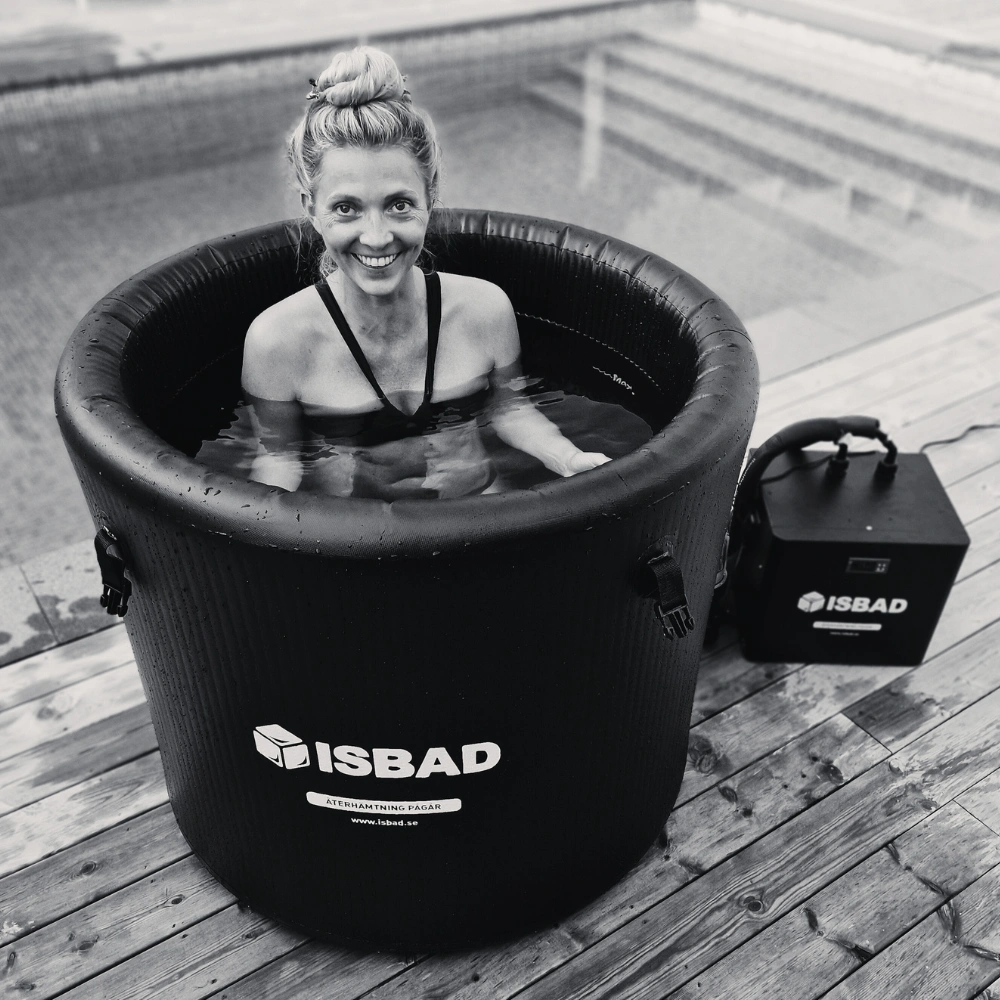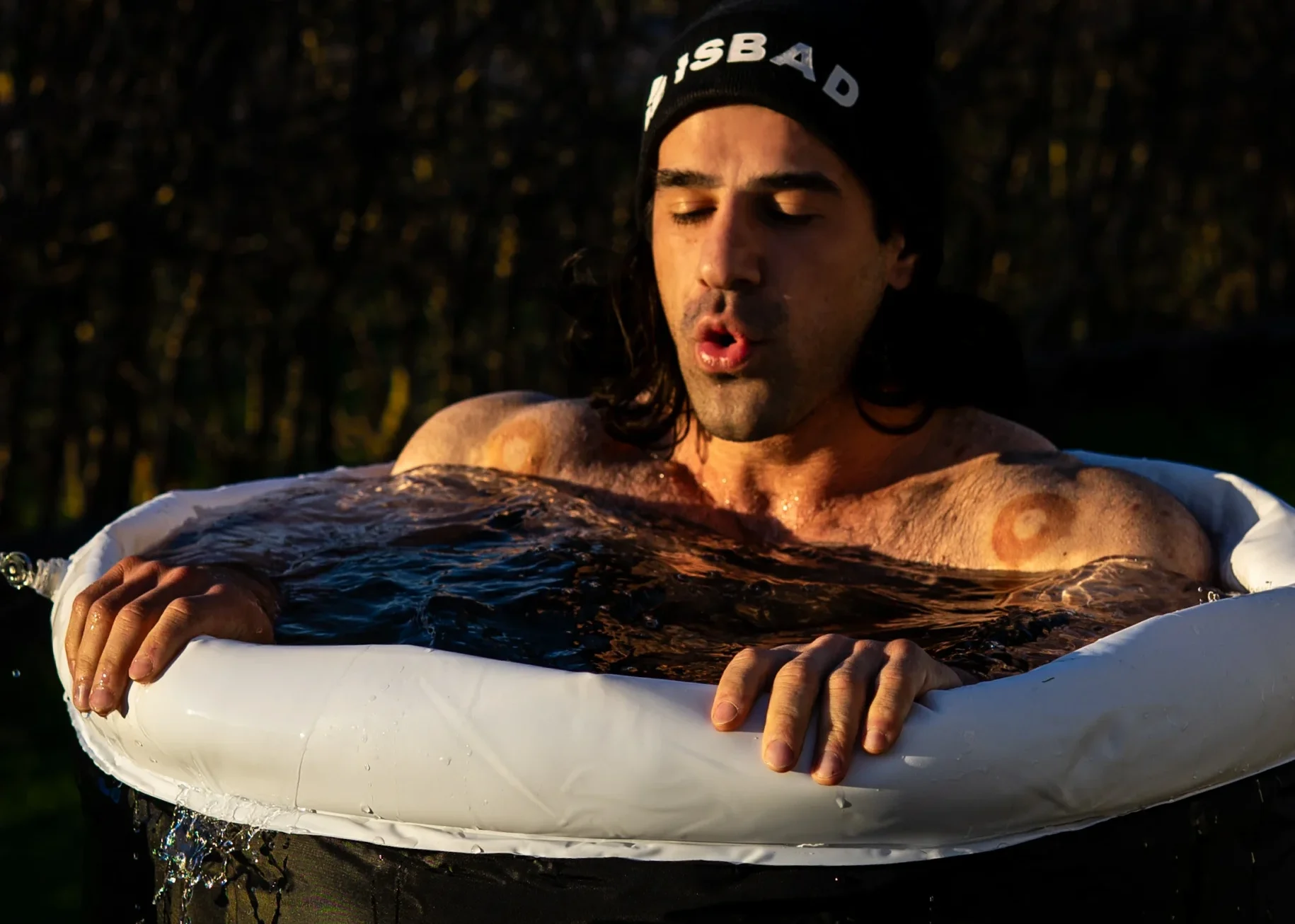Depression is one of the most challenging mental illnesses in the world today. According to the World Health Organization (WHO), it affects more than 264 million people globally. Many seek help through medical treatment and therapy. However, there are natural methods that relieve symptoms, such as ice baths or cold baths. This method offers unexpected benefits for both physical and mental health.
Ice baths and depression: what does the research say?
An ice bath may seem unpleasant to many, but research and experience show that cold baths have positive effects on mental health, including reducing depression. How does this work? When the body is exposed to cold, it activates the sympathetic nervous system and releases stress hormones such as adrenaline and cortisol. This reaction creates a feeling of increased energy and alertness.
Ice baths also increase the production of important neurotransmitters such as dopamine and serotonin. These chemicals regulate mood. Low levels of them are often linked to depression. By increasing their production, cold baths can improve mood and reduce depressive symptoms.
Recovery and ice baths: more than just mental benefits
Ice bath promotes not only mental health but also physical recovery. Athletes often use ice baths to reduce inflammation and training pain. For those suffering from depression, the physical benefits offer an added bonus. Depression often leads to physical exhaustion and low energy.
Cold baths improve blood circulation by increasing blood flow in the body, including the brain. This reduces muscle pain and improves mental sharpness. In the case of depression mental sharpness and concentration are often negatively affected.
Sleep and health: ice baths for better sleep quality
Many people suffering from depression experience sleep problems. Poor sleep impairs recovery and worsens symptoms. Ice baths can also help. When the body temperature drops after a cold bath, it becomes easier to fall asleep. Cold baths can also improve the overall quality of sleep.
Ice bath safety and precautions
Despite the benefits of ice baths, it is important to be careful. Ice baths are not a panacea, and it is important to consult a doctor before starting. This is especially true if you have underlying health problems such as heart disease. Start with short periods of cold and increase gradually.
Ice baths as a complement to traditional treatment
Although cold baths relieve depression, they should not replace traditional treatments. Depression är en komplex sjukdom som kräver professionell behandling. Se isbad som ett komplement. För dem som är intresserade av naturliga metoder kan isbad vara ett värdefullt tillägg till en holistisk livsstil.
Conclusion
Ice baths have become popular as a natural way to improve both physical and mental health. For people suffering from depression, ice bathing helps by activating the body's stress response. It increases the production of neurotransmitters such as dopamine and serotonin, and improves blood circulation and sleep quality. However, safety is important. Use ice baths as a complement to conventional treatments. With careful implementation, cold baths offer a simple but powerful method to promote recovery.










